At 23, Marika made a bold decision that changed her life forever. Tired of the ordinary, she longed for adventure and the thrill of the unknown. With a suitcase full of dreams and a headspace buzzing with possibilities, she embarked on her first solo trip abroad. What started as a spontaneous conversation with a stranger in Cape Town quickly turned into a journey that would take her through the deserts of Jordan and the bustling streets of Istanbul. Along the way, she faced unexpected challenges (like realizing too late that Jordanian outlets aren’t compatible with South African plugs), discovered the joys of cultural exchange, and even found a new passion for hospitality. Now 26, Marika looks back on those transformative years with a mix of humour, nostalgia, and a sense of pride—knowing she did it all on her own.
Have you ever reached a point in your life where everything feels too ordinary? Marika did, and she was determined to break free from the routine and embark on an adventure. She realized she was in a good headspace and financially stable, so it seemed like the perfect time to take the plunge. After meeting a guy in Cape Town who was originally from Istanbul, Turkey, she knew that Istanbul was a place she had to explore.
At the time, Marika was working remotely and looking for travel opportunities that could fit around her online job. That’s when she discovered the world of digital nomads. If you’re wondering what that means, the dictionary describes a digital nomad as “a person who earns a living working online in various locations of their choosing (rather than a fixed business location).” While researching, she stumbled upon an Instagram page for WorldPackers, a platform offering safe and structured ways to start her adventure. Intrigued, Marika decided to dive in and begin her journey.
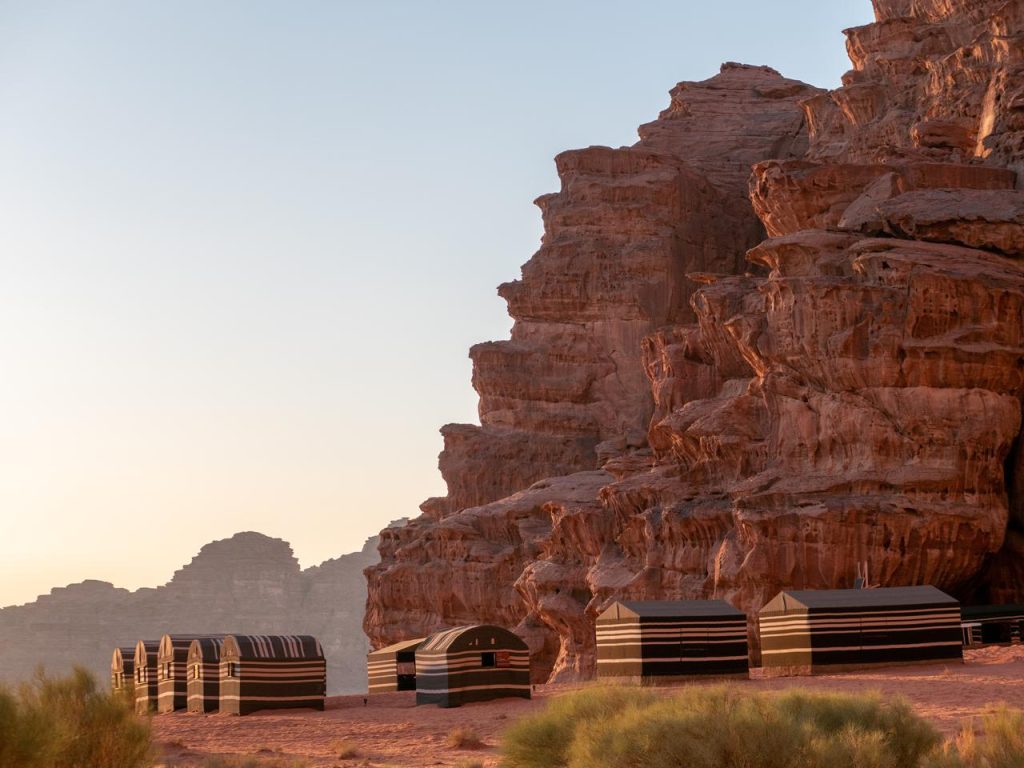
Her first two weeks in Jordan were spent in the middle of the desert, in a place called Wadi Rum, also known as The Valley of the Moon. She arrived there in May and stayed at a camp. The tents were small—definitely not glamping—so they were roughing it. The camp wasn’t five-star, but it wasn’t entirely rustic either. She vividly remembers the intense heat, with temperatures averaging 38-42 degrees Celsius. Her laptop overheated every day, making it a struggle to get work done. Staying hydrated in that heat was crucial for survival.
Marika’s favourite part of Wadi Rum was the stunning rock formations and the soothing sounds of nature surrounding the campsite. The gentle rustling of nearby plants combined with the melodic songs of swallows flying overhead made her feel truly connected to the environment. Interestingly, swallows are known as symbols of freedom, which perfectly captured how Marika felt experiencing this serene landscape every day.
One of the highlights of her stay was riding a camel for the first time. She was thrilled by the experience, although she quickly learned not to wear white pants for such activities—they didn’t stay white for long!
The food at the camp was another intriguing aspect of her adventure. Each day, they enjoyed traditional bread alongside meat cooked in a unique way: a hole was dug in the ground, the meat was placed inside in a pot, and hot coals were layered on top to slow-cook it throughout the day. By evening, they were treated to tender, flavourful meat accompanied by a variety of traditional dishes.
Working at the camp also allowed Marika to meet new friends from places like the USA, France, the Netherlands, and Egypt. Evenings were filled with cultural activities, including visits to a nearby cave where they watched and learned traditional dances. Some of her fondest memories involve sipping tea with her friends under the starry desert sky after dinner. On her days off, she joined tourist groups for organized tours and even tried sandboarding on the dunes, adding more excitement to her unforgettable journey.
Marika quickly learned an important lesson about the cultural dynamics between men and women in the region. Western girls are often perceived as “easy,” leading to more frequent flirtation, which can be uncomfortable. Marika stressed the importance of setting clear boundaries, especially when working under a male host. Feeling uneasy and wanting to explore the city more, she decided it was time to find her next host.
After two weeks in Wadi Rum, Marika arrived in Petra, where she landed a job at a backpacker’s hostel. Her role involved welcoming new travellers and managing check-ins and check-outs, which was perfect for balancing with her online job, as it only required four hours of work each day. However, one of the challenges Marika faced was the language barrier. She also found it difficult to navigate the local markets, where products were often overpriced for tourists. Over time, she learned to understand the true value of items and negotiate better prices.
But it wasn’t all challenges—Marika finally got to check Petra, also known as the Rose City, off her bucket list. She spent two days exploring the city on foot, and it was even more breathtaking than she had imagined. Hearing the stories of the community and learning about the rich history left her in awe. A local tribe still resides in Petra and offers donkey rides to show tourists more of the city, providing a firsthand experience while sharing fascinating stories. One surprising fact Marika learned was that tourists are not allowed to stay overnight in Petra. The rule is strictly enforced because the city is a UNESCO World Heritage Site.
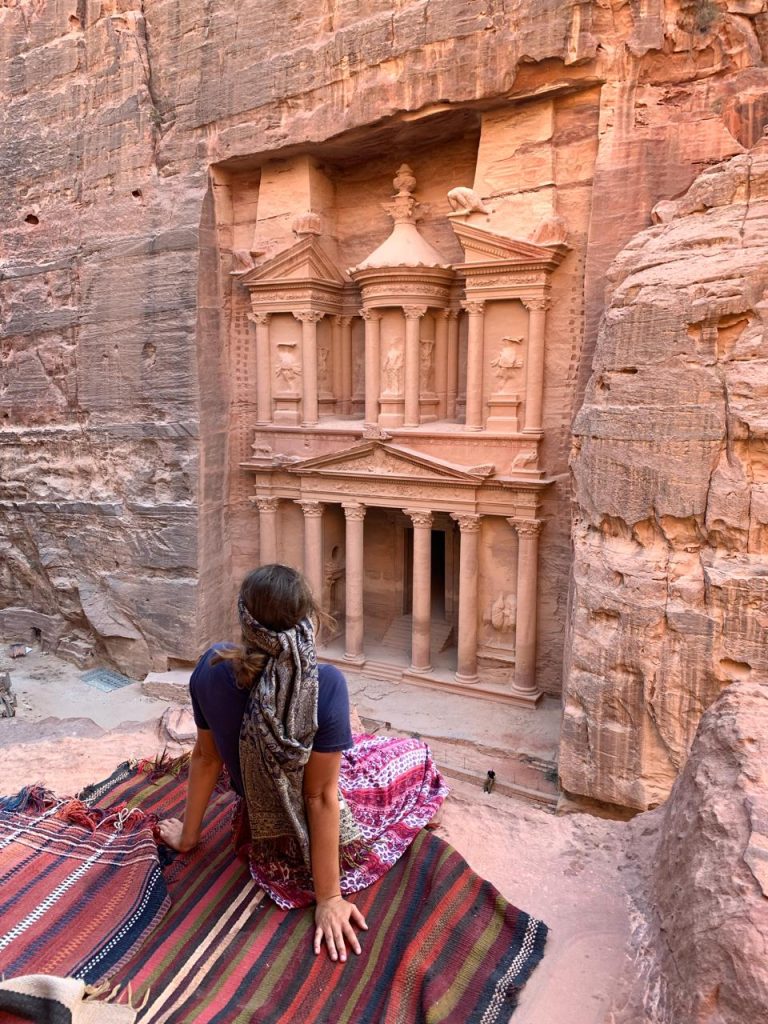
She also loved exploring the local markets. While in Petra, she had the best falafels she’s ever tasted and still hasn’t found anything to match them. Her top tip for future travellers is to seek out the smaller, local restaurants off the main street. They’re often cheaper and serve much tastier food. After a month in Jordan, it was time for Marika to pack up and head to her next destination: Turkey!
Marika found a host on WorkAway and was excited to start her next adventure as an Au Pair for a family in Istanbul. To be a short-term Au Pair through this program, you need to commit for at least 1-2 months. Marika was responsible for taking care of a 4-year-old boy, including getting him ready for school each day. They would take a tram to his school, and during his school hours, Marika had the freedom to explore and work on her online job. In the afternoon, she would pick him up around 5 PM, and they’d head to a park to play before returning home for dinner with his mom. The great thing about this job was that accommodation and meals were included. Sometimes, the host mom would even pay for fun activities for Marika and the little boy. Marika had every weekend off to explore on her own. During her free time, she visited the Hagia Sophia Grand Mosque and the Grand Bazaar, which is a maze of stalls selling everything from souvenirs to jewellery, clothes, and the famous Turkish delight. She was also fortunate to attend the 100-year freedom celebration, where she saw a very talented local artist perform—a cultural experience she’ll never forget.

Additionally, Marika took a ferry from the European side of Turkey to the Asian side, where she enjoyed some delicious local Asian food.
Through her cultural exchange, Marika learned some interesting things about Turkey. For instance, since Turkey is a Muslim country, alcohol is quite expensive. She also observed how much they value spending quality time with loved ones. An old person on public transportation, for example, would get up to give a seat to a pregnant woman. It was clear that the Turkish people deeply care for their next generation and cherish family time.
Despite being a Christian traveling in a Muslim country, Marika felt at ease. She noticed that as a tourist, her religion was not a focus, and she felt comfortable reading her Bible in coffee shops. She appreciated the mutual respect she had with her host family regarding their religious differences. They never imposed their beliefs on each other, and it didn’t affect her job or her relationship with them.
Marika also found it amusing to field questions about South Africa during her travels. She was often asked things like, “Do you have cars in South Africa?” or had to explain that South Africa is a distinct country from the rest of Africa. These questions highlighted just how much there is to learn about different parts of the world!
The cost of the program included:
- World Packers yearly platform fee: For Jordan, this was R1200.
- Flights and visa: Marika paid for these herself.
- Spending money: She needed to bring enough for her personal expenses.
- Accommodation and meals: Most hosts provide these, but it’s important to confirm with each potential host.
- Travel expenses: Although Marika didn’t receive a salary, the free accommodation and meals made it an affordable way for her to visit bucket-list destinations.
- Essential equipment: Marika made sure to bring necessary items like a plug adapter and check that her job location offered a stable internet connection for her online work.
A Few Tips from Marika for Anyone Considering This Adventure:
- Manage Your Finances Wisely: At one point, Marika’s employer couldn’t pay her on time, so she had to rely on her own savings until the payment arrived. Plan for unexpected situations, and you’ll be prepared.
- Research Your Destination: Before you go, learn about the area where you’ll be working. This helps you adapt quickly and discover hidden gems to explore.
- Haggle and Negotiate: When shopping at markets, try speaking in your native language first to catch the seller off guard. Then switch to English to negotiate better prices.
- Learn Basic Phrases: Pick up some key phrases and slang in the local language. It helps bridge the communication gap and shows respect for the local culture.
- Stay Informed About Safety: Both Jordan and Turkey are generally safe, but it’s important to educate yourself about potential risks if you’re exploring on your own. Always be prepared.
- Know Your Communication Options: This program often means you’re on your own. With no local contacts available, you’ll need to rely on email for communication, which can be slow.
- Notify Your Bank: Let your bank know you’ll be traveling to avoid issues with your card and account.
Throughout all the excitement and challenges, Marika discovered a lot about herself. Her journey brought about significant personal growth and a few surprising changes in her mindset. Before embarking on this adventure, Marika thought she would never want children. However, after her experience as an Au Pair, she realized she would love to have a large family someday—she’s even dreaming of having five kids!
One major lesson Marika learned is how much this adventure strengthened her relationships back home. Although she cherished face-to-face conversations, she adapted her love language to communicate over the phone. This adjustment allowed her to stay more connected with her loved ones and enhance her relationships. Dealing with homesickness was challenging, but she found that staying in touch and finding ways to remind herself of home, like organizing a braai with locals, helped her manage it.
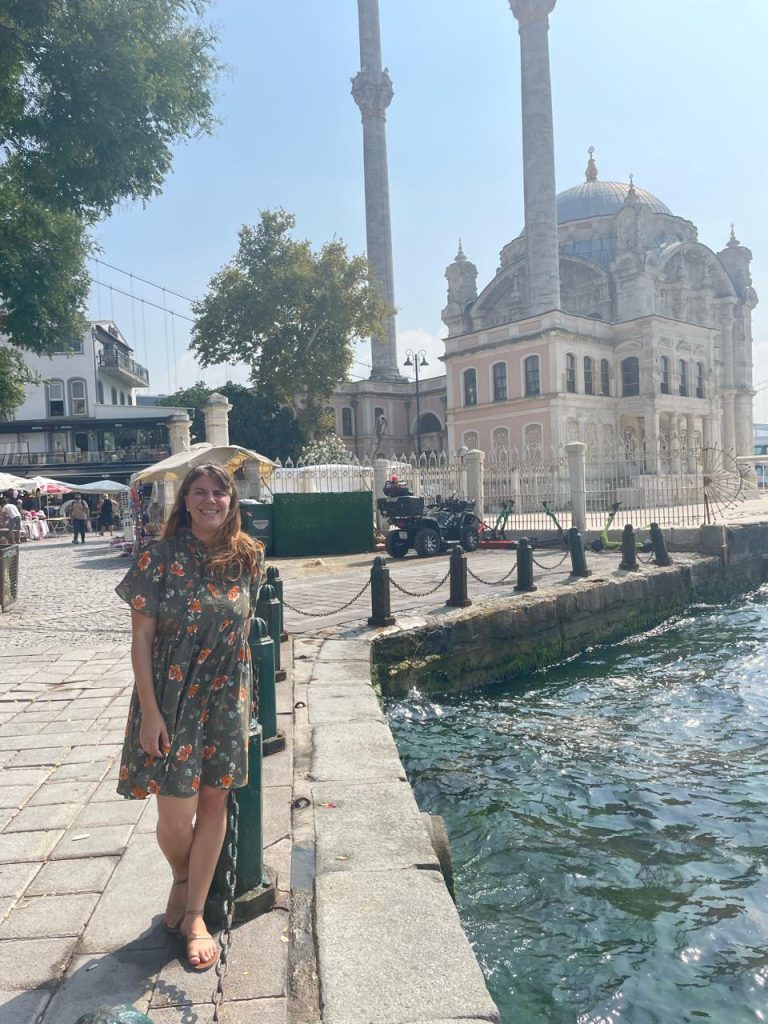
Participating in these programs showed Marika that traveling is more affordable than she once thought. More importantly, it ignited a deep passion for travel. Inspired by her experiences, she recently launched her own business, FITO Adventures. The name FITO means “7,” reflecting her dream of taking tourists to all seven continents and across all seven oceans. Through her business, she hopes to share her love for travel and help others discover the beauty of their own country and beyond.

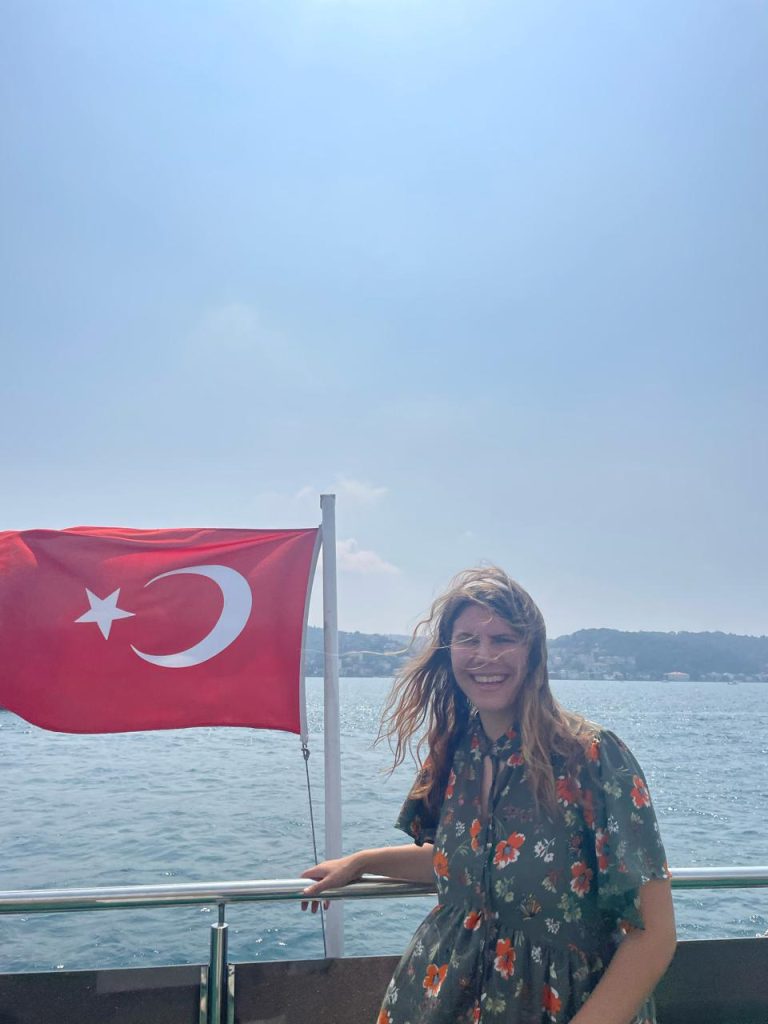
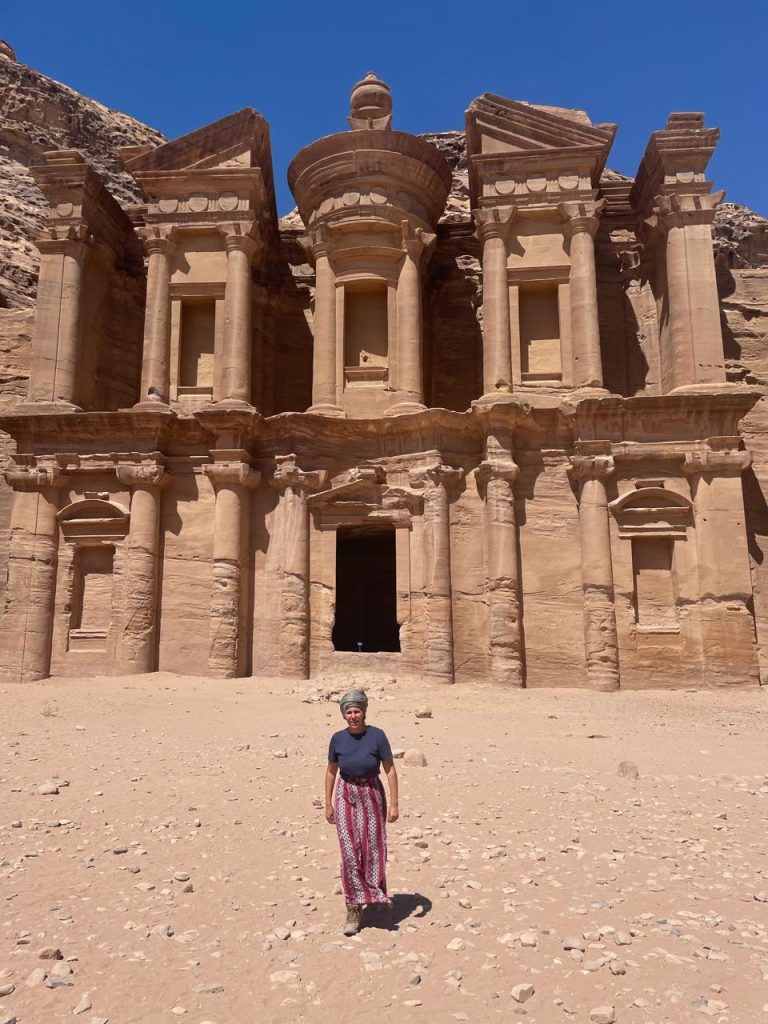


I loved how this article simplified a complex topic! The site’s overall organization makes
finding great articles easy.
Very interesting and well-structured article!
The website is an amazing platform for learning new things.
This article is really well-written and full of useful information. The whole site is a goldmine for anyone looking to learn more on this topic!